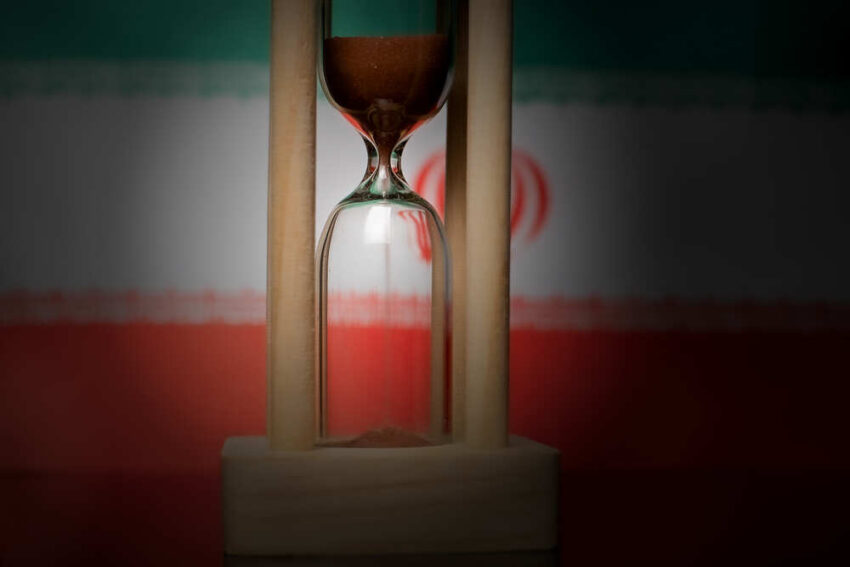Trump’s Tightrope: Two Weeks to Negotiation or Escalation in Iran
In a bold diplomatic maneuver, President Trump has issued a two-week ultimatum to Iran, demanding negotiations to cease nuclear activities. This decision underscores Trump’s dual strategy of prioritizing dialogue but remaining prepared for military involvement. By maintaining a firm yet diplomatic approach, Trump aims to prevent Iran from becoming a nuclear power and address regional instability. The deadline intensifies international focus, with hopes resting on diplomatic success between the U.S. and Iran.
Setting the Stage
President Trump has outlined a two-week period for Iran to engage in negotiations aimed at halting its nuclear program. Acknowledging increasing Middle Eastern tensions, this ultimatum serves as a pivotal moment in U.S.-Iran relations. The aim is clear: prioritize diplomacy while preparing for potential military actions through alliances, particularly with Israel. Trump’s approach seeks to blend strategic flexibility with constitutional responsibilities, showcasing his commitment to safeguarding U.S. interests without immediate conflict escalation.
White House press secretary Karoline Leavitt highlighted Iran’s capabilities, saying, “Iran has all that it needs to keep a nuclear weapon. All they need is a decision from the Supreme leader to do that.” This underscores the critical nature of the situation and the necessity for urgent diplomatic efforts to steer Iran away from its current path. The world watches as Trump endeavors to curb nuclear proliferation through conventional channels.
Challenges and Opportunities
The complexity of negotiating amidst active conflict becomes apparent. Trump notes Iranians are open to direct talks, yet logistical issues arise due to ongoing Israeli strikes. Diplomatic engagements are set in Geneva with European partners, while U.S. representatives, notably special envoy Steve Witkoff, remain absent from these discussions. This absence raises questions about America’s direct involvement in diplomatic processes that could vitalize Iran’s compliance without military intervention.
Trump’s reliance on diplomatic solutions is evident but not without skepticism. Israeli Prime Minister Benjamin Netanyahu has called for U.S. military involvement to eliminate Iran’s uranium stores, reflecting cautiousness about Iran’s willingness to negotiate in good faith. Netanyahu also emphasized Israel’s readiness to independently target Iranian nuclear sites if deemed essential.
Balancing Act: Diplomacy vs. Military Options
With the two-week deadline comes an inherent risk of escalation. Iran has previously violated the 2015 nuclear deal, prompting Trump’s withdrawal and contributing to regional volatility. The U.S. military is crafting plans possibly targeting Iran’s Fordow nuclear facility should negotiations fail. This deadline simultaneously delays U.S. intervention while allowing Israel to continue taking its own military measures.
The stakes are high; Trump is not interested in a stalemate but seeks a “total and complete victory” that neutralizes Iran’s nuclear ambitions. Will Iran take the diplomatic route, or will Trump be forced to act militarily, marking a significant inflection point in Middle Eastern geopolitics?
Click this link for the original source of this article.
Author: Editor
This content is courtesy of, and owned and copyrighted by, https://libertynewsalerts.com and its author. This content is made available by use of the public RSS feed offered by the host site and is used for educational purposes only. If you are the author or represent the host site and would like this content removed now and in the future, please contact USSANews.com using the email address in the Contact page found in the website menu.







